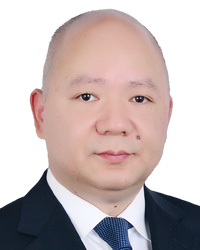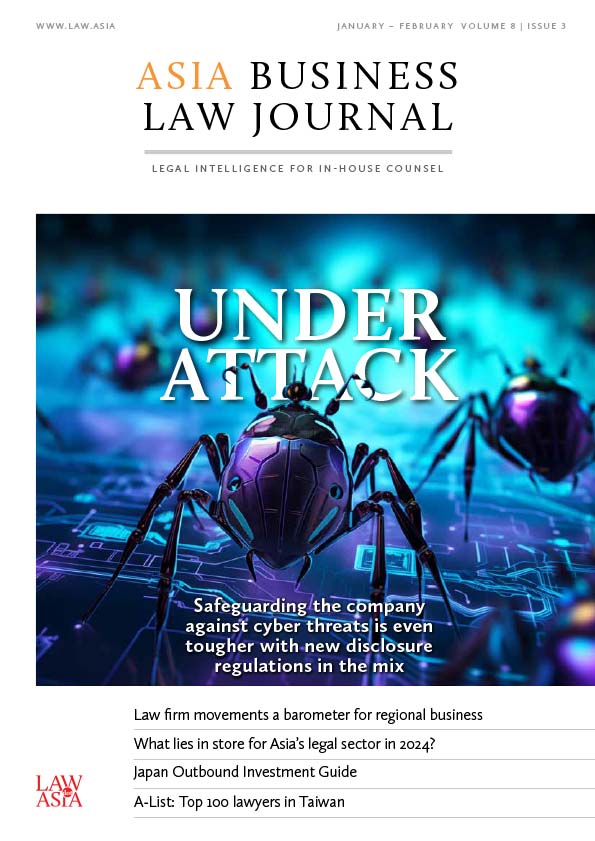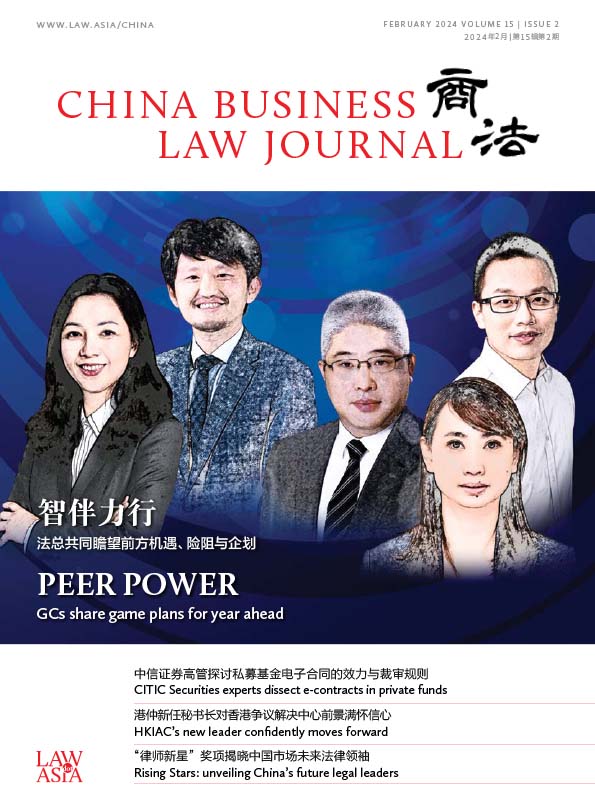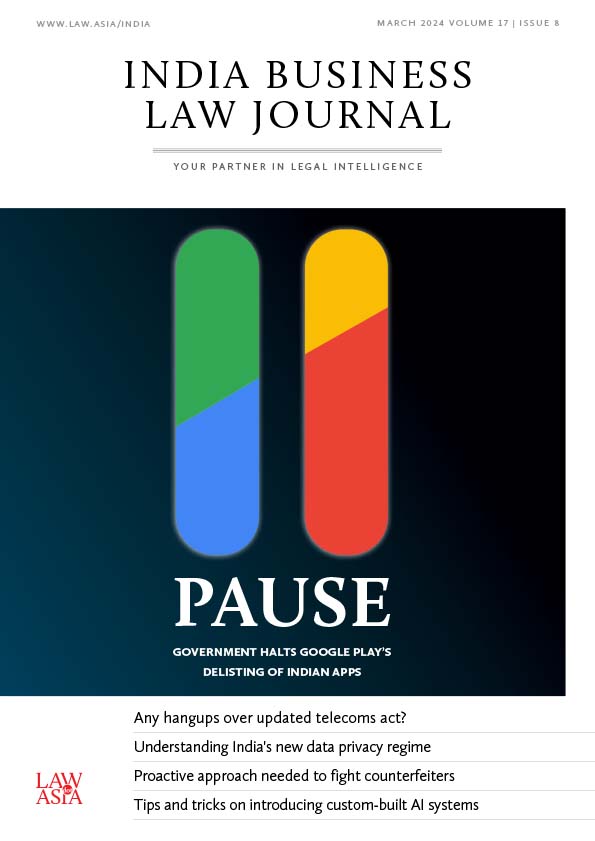Migu Music, the appellant, discovered that Xiami Music App (Android and iOS versions), developed and operated by the respondents Taobao (China) Software and Hangzhou Alibaba Music Technology, used web crawlers and other technologies to extract Migu’s music information and playback URLs, editing them into Xiami’s music database.
When accessing these songs on Xiami, users were directed to a page featuring Migu Music’s logo, site name, album cover and artist profile, with playback completed without leaving the Xiami app.
The appellant argued that Migu Music and Xiami Music had an obvious competitive relationship, as products in the same industry.

Partner
Tahota
The respondents’ “hotlinking” prevented Migu from providing services in its ordinary course of business, diverting its potential users and frustrating benefits that Migu Music should have obtained.
Believing the respondents’ conduct to be egregious – violating both the principle of integrity and commonly recognised business ethics – Migu initiated a lawsuit.
However, the initial trial court concluded that the defendants’ conduct did not constitute unfair competition and dismissed all Migu’s claims.
First-instance ruling
Migu Music introduced music copyrights at a cost of more than RMB100 million (USD14.7 million) and enjoyed competitive interests in the music library of its management resources, and the hotlinking harmed Migu’s content-based competitiveness.
But instead of upholding the existing interest structure and deeming the unfairness of the defendants’ conduct, the Anti-Unfair Competition Law (AUCL) is designed to consider if it reduced transaction costs or promoted effective competition.
In this case, although it reduced the music library’s competitive value, it could promote technological innovation, upgrade services, reduce transaction costs and improve consumer welfare; so it should not be recognised as an act of unfair competition.
Subsequently, Migu Music appealed to the High People’s Court of Sichuan province.
Final decision
Taobao and Alibaba Music’s hotlinking to the Migu Music library did not constitute unfair competition as defined under article 2 of the AUCL, nor did it violate the Copyright Law.
However, according to article 1 of the Interpretation by the Supreme People’s Court on Several Issues Concerning the Application of the Anti-Unfair Competition Law, the court may decide the case according to article 2 of the AUCL.

Associate
Tahota
Migu Music and Alibaba Music are in a competitive relationship as providers of digital music network services. Maintaining a massive and high-quality collection of music resources is the primary factor in their market position and competitive edge. Migu has competitive interests in its music library.
In the digital music industry, digital music providers always need authorisation before using protected work. As business operators in the industry, Taobao and Alibaba Music should be well-versed in accepted business models and profiting practices.
By hotlinking to the Migu library without authorisation, and providing Xiami users with music services without further charge, the respondents acted against the principle of integrity and generally accepted business ethics, violating Migu’s rightful interests. Therefore, their conduct was not justified and constituted unfair competition.
If similar hotlinking activities were allowed to continue, the ruling noted that businesses would essentially be given the green light to make use of another’s music library at no cost to benefit their interests, which would discourage online music service platforms from investing in establishing, expanding and upgrading such libraries.
Without sufficient music resources to attract user traffic, technological innovations and service upgrades would invariably ring hollow.
In conclusion, such unfair competition would eventually compromise the public interest. The first-instance judgment of not recognising it as unfair competition was erroneous and therefore overturned.
In the end, the High People’s Court of Sichuan province determined that the respondents’ hotlinking conduct constituted unfair competition, overturning the first-instance judgment of the Chengdu Intermediate People’s Court and ordering the respondents to pay Migu a total of RMB1.5 million to compensate for economic losses and reasonable expenses.
Key takeaways
Amid increasingly fierce market competition, various new types of unfair competition emerge in an endless stream, and many stakeholders have sought protection by applying article 2 of the AUCL in their disputes.
Article 2 is a general provision, but the question of whether to apply a general provision or an article on specific conduct under the AUCL, or provisions of special intellectual property laws, has long been a dilemma both in academic circles and practice.
En route to concluding the respondents’ conduct was unfair competition, legal counsel considered the natural role of market mechanisms, market ethics collectively formed by operators, consumers and relevant interests, and generally accepted industry rules; then assessed whether such conduct disrupted normal business models and laws of the market.
This legal opinion was accepted by the High People’s Court of Sichuan province and the Supreme People’s Court, and reflected in the AUCL Interpretation.
As the first unfair competition dispute over an online music library, the case garnered industry-wide attention. It was also the first internet unfair competition case of a court applying the AUCL Interpretation since its implementation on 20 March 2022.
Huang Chunhai is a partner at Tahota Law Firm. He can be contacted by phone at +86 28 8662 5656 or by email at chunhai.huang@tahota.com
Luo Juan is an associate at Tahota Law Firm. She can be contacted by phone at +86 28 8662 5656 or by email at juan.luo@tahota.com























